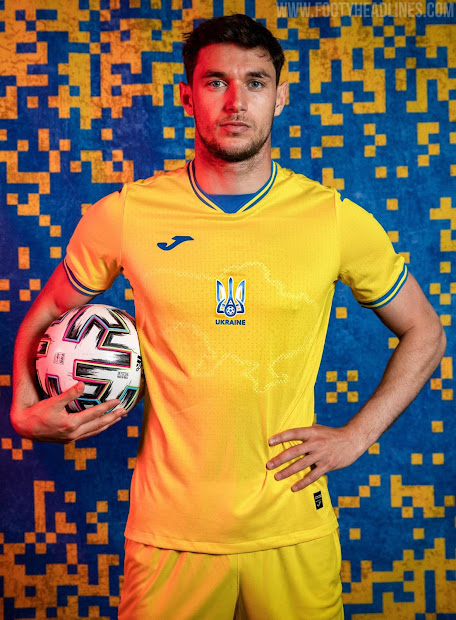

Given how Shevchenko’s time at Chelsea went, that may seem surprising, but he clearly feels a lot of warmth for the club and supported them in the Champions League final. His mentality is that you always need to believe.” “He manages the team in a very interesting way – you must always find something valuable at any moment. “I learned a lot from Mourinho,” Shevchenko said. In that, perhaps the influence of a third coach can be seen. Photograph: Petr Josek - Pool/Getty Images Ukraine’s Taras Stepanenko (left), in action here against Sweden, is key to their play from the base of the midfield. Without the ball, much depends on the opponent, but essentially the better the team Ukraine play against, the less likely they are to press high. In possession, “we basically ask two important things: recognise where the numerical advantage is, and identify the free spaces that we can occupy”. Maldera describes his own job as being “to study, watch, propose, have my own ideas” but working to general principles.


“He is now more authoritative, more confident in himself.” “He has changed in terms of understanding his role,” Maldera said of his boss. His time in Italy clearly made a huge impression, as seen in his coaching staff which includes the great former Milan full-back Mauro Tassotti, and his tactical video analyst Andrea Maldera. The team is going through all these processes now.” Or vice versa – when you need to maintain the pace of the game through controlling the ball, and then impose our game. At that point it is already necessary to build a certain concept of the game through the defence, when it is necessary to conduct a quick counterattack. “There are times when you have to defend. “Our principles,” Shevchenko explained, “are compactness, balance between attack and defence, playing through short- and medium-range passes. I listened to him with my mouth open, catching every word.”Īnd Lobanovskyi listened to him after he had moved to Milan, taking notes as Shevchenko explained what he had learned under Alberto Zaccheroni and then Carlo Ancelotti, who became his second mentor. “He gave me the understanding that there are no trifles in football,” Shevchenko said. Raised at Dynamo Kyiv, Shevchenko’s first guru was, of course, Valeriy Lobanovskyi.


 0 kommentar(er)
0 kommentar(er)
